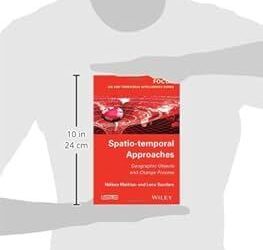TOPLINE:
Upon reviewing repeated prostate cancer screenings, researchers observed the absence of suspicious MRI findings in over 86% of men who had prostate-specific antigen (PSA) levels of 3 ng/mL or higher during their second screening.
METHODOLOGY:
New initiatives are focusing on organizing prostate cancer screening using MRI to reduce overdiagnosis, as current evidence does not support the effectiveness of a single PSA test, with guidelines now recommending repeated testing every 1-4 years.In the STHLM3-MRI trial, men, aged 50-74 years, living in Stockholm County, Sweden, were invited to participate in prostate cancer screening and randomly assigned to traditional screening with systematic prostate biopsy or an MRI-based strategy.Blood samples were analyzed for PSA levels and Stockholm3 risk score; men with elevated risk underwent targeted MRI and biopsy procedures.In this follow-up analysis, 2078 men with PSA levels of 1.5 ng/mL or higher and a Stockholm3 risk score less than 0.11 were reinvited for screening 2-3 years after their initial screening.The primary outcome was clinically significant prostate cancer (Gleason score of 3 + 4 or greater). A Gleason score of 6 was detected in 0.7% of patients, and a score of 4 + 3 or greater was detected in 19 (1.3%) men.
TAKEAWAY:
Of 1500 men (median age of 67 years) who underwent a blood test, the median PSA level was 2.8 ng/mL and 26.0% changed risk classification groups (PSA levels IN PRACTICE:
In an accompanying editorial, Ola Bratt, MD, PhD, noted that the “most important finding was the very high proportion of nonsuspicious repeat MRI scans,” but also emphasized the necessity of observing a decrease in overall prostate cancer incidence before asserting that the current cancer diagnostics effectively reduce overdiagnosis.
SOURCE:
This study, led by Tobias Nordström, MD, PhD, from Karolinska Institute, Stockholm, Sweden, was published on February 7, 2024, in JAMA Network Open.
LIMITATIONS:
Long-term outcomes like prostate cancer mortality were not evaluated. Information on cancer detection in men with a negative MRI result at rescreening was not available. Authors noted that a subset of individuals may still be at risk despite lower PSA levels.
DISCLOSURES:
This study was funded by the Swedish Research Council for Health, Working Life and Welfare, Karolinska Institute, Prostatacancerförbundet, Region Stockholm, and Åke Wibergs Stiftelse. The authors reported financial relationships outside this work.
>>> Read full article>>>
Copyright for syndicated content belongs to the linked Source : Medscape – https://www.medscape.com/viewarticle/mri-screening-unnecessarily-high-prostate-cancer-2024a10003gw






























